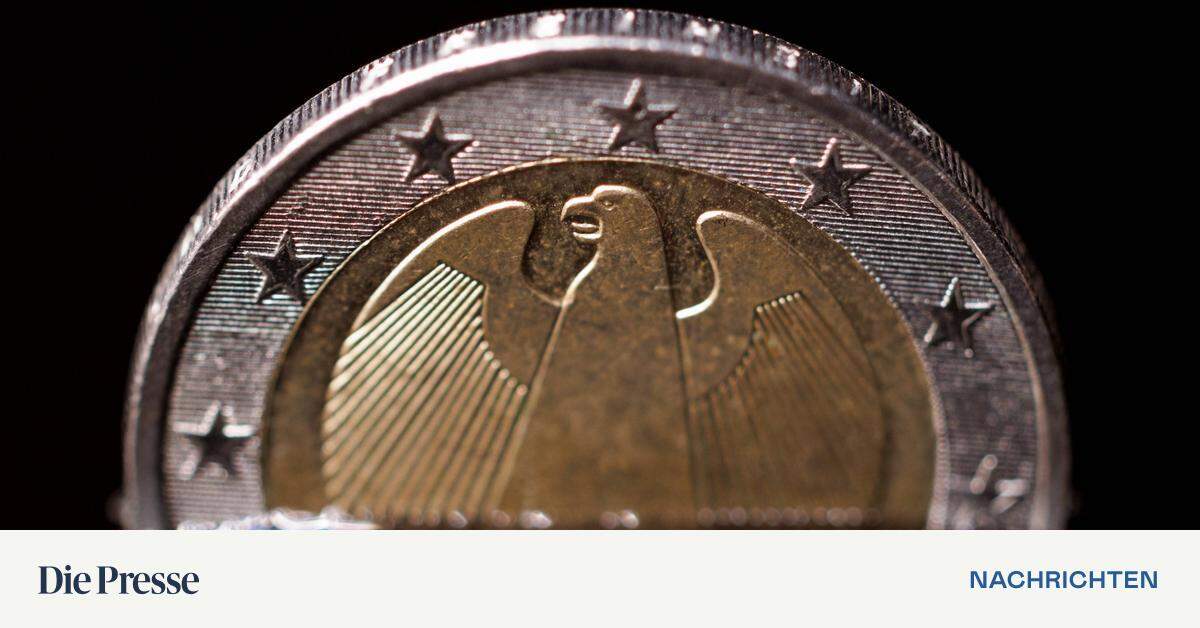The euro's share in global currency reserves has declined recently. In contrast, the dollar expanded slightly in its position as the leading currency.
The euro has maintained its role as the world's second most important currency after the US dollar despite rising inflation and rising geopolitical tensions. However, the euro's share in global foreign exchange reserves fell by one percentage point to 20 percent in 2023, the European Central Bank announced on Wednesday in Frankfurt. The dollar remains the most important currency, with a share of 58.4 percent, an increase of 0.3 percentage points.
For European Central Bank President Christine Lagarde, the euro's stance does not constitute a certain success. The head of the central bank said: “Although the data so far do not show any signs of major changes in the use of international currencies, we must remain vigilant to identify any cracks that are beginning to appear.”
Lagarde and her partners have long been campaigning to deepen Europe's monetary union to strengthen the euro. From the central bank's perspective, this also includes progress towards greater integration of Europe's capital markets – the so-called Capital Markets Union. Improving cross-border payment systems between the euro and other currencies would also help strengthen the euro's global role.
The President of the European Central Bank indicated that the world may become more fragmented in the future. Gold continued to be accumulated as reserves, especially in countries closely linked to Russia. There will also be investments in non-standard reserve currencies. In this context, Lagarde warned that the euro's international status should not be taken for granted. (APA/Reuters)

“Total coffee aficionado. Travel buff. Music ninja. Bacon nerd. Beeraholic.”








More Stories
Wealthy families take more risks when it comes to money.
Salesforce and NVIDIA Form Strategic Collaboration to Drive AI Customer Innovation
Changing banks causes problems for customers